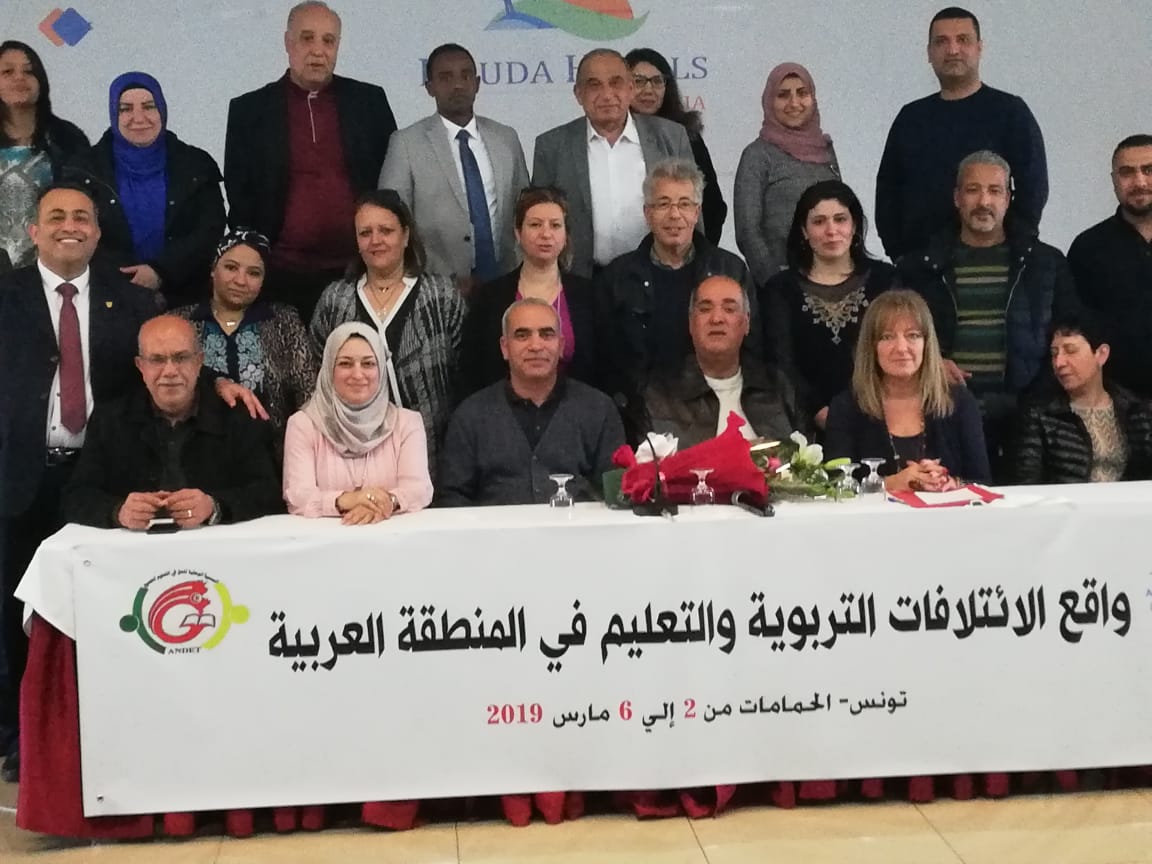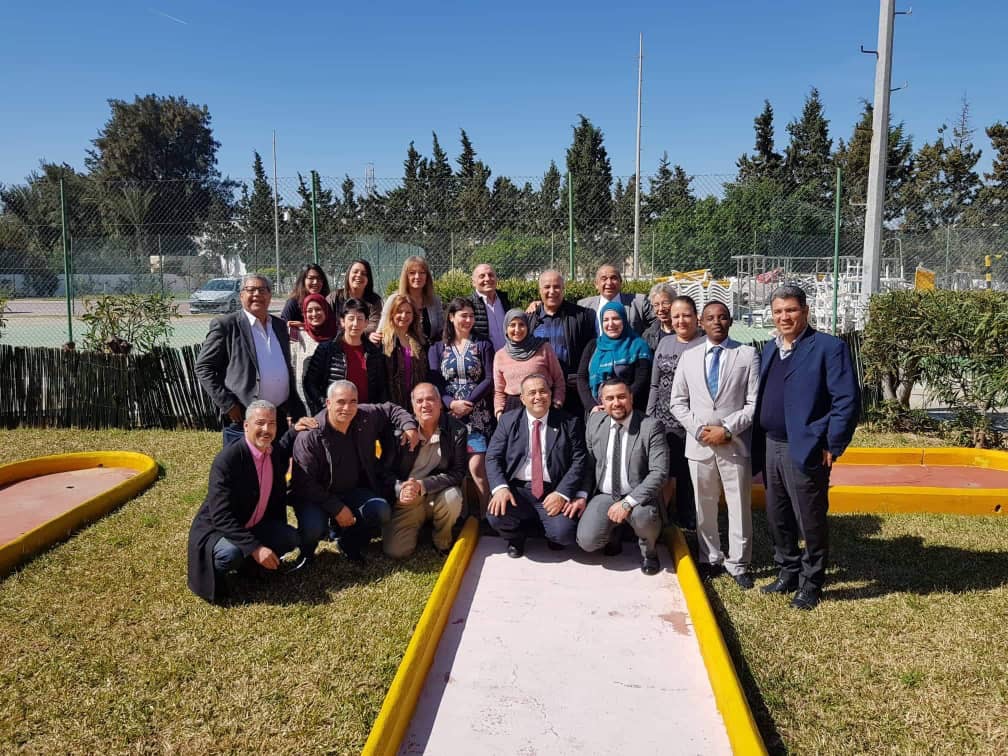ACEA Members
 Palestine Coalition for Education for all
Palestine Coalition for Education for all Somalia Coalition for Education for all
Somalia Coalition for Education for all Jordan Coalition for Education for all
Jordan Coalition for Education for all Lebanon Coalition for Education for all
Lebanon Coalition for Education for all Mauritania Coalition for Education for all
Mauritania Coalition for Education for all Morocco Coalition for Education for all
Morocco Coalition for Education for all Egypt Coalition for Education for all
Egypt Coalition for Education for all Iraq Coalition for Education for all
Iraq Coalition for Education for all Yemen Coalition for Education for all
Yemen Coalition for Education for all Sudan Coalition for Education for all
Sudan Coalition for Education for all Tunisia Coalition for Education for all
Tunisia Coalition for Education for all (Arab Network for Civic Education (ANHRE
(Arab Network for Civic Education (ANHRE The Arab Resource to develop knowledge
The Arab Resource to develop knowledge
The Regional meeting of the Arab coalitions / Tunisia - 2019

Between 2-6 / 3/2019 the Arab
Regional Coalitions concluded its regional meeting, organized by The Arab
Campaign for Education for All in partnership with the National Association for
the Right to Education in Hammamet, Tunisia, in the presence of Mr. Refat Al
Sabah president of GCE, Mr. Imad Sabi on behalf of the Open Society Foundation,
Ms. Katarina Popovic, The General Coordinator of the international Council of Adult
Education, and facilitated by Dr. Alia Al-Assali.
The representatives of the
regional coalitions from Palestine, Jordan, Morocco, Tunisia, Yemen, Egypt,
Sudan, Iraq, Lebanon and Somalia participated in the meeting, which focused on
the reality of educational coalitions in the Arab region and its role in
tracking and evaluating educational policies,to promote and advance the education
level to the citizens aspirations in a comprehensive educational renaissance,
in a way that ensure the realization of the right to a good, fair and inclusive
education for all based on the international references that provide the right
to education for all.
Participants during the
workshops stopped on the obstacles that still affect the quality and
democratization of education in a way that guarantees equal opportunities for
all, such as obstacles to overcrowding within schools, the poor efficiency of
teachers and the required basic and continuous development, in addition to the
nature of the educational curriculum that leaks to innovation, flexibility and
convenience, as well as the deterioration of equipment and infrastructure of
educational institutions.
The meeting also discussed the
mechanisms used to encourage governments to continue implementing their
commitments, especially the voluntary implementation of the right to education.
The workshop included workshops
on strategic planning and Theory of change, as well as a workshop devoted to
the methodology used in the preparation and drafting of voluntary national reports.
The meeting concluded by
presenting a number of recommendations, the most important of which are:
1.
Ask governments to ensure
the right to quality, equitable and inclusive education for life for all.
2.
Inviting the educational
authorities to prepare an educational curriculum corresponding with today’s requirements,
characterized by flexibility, renewal and assimilation of modernist
enlightenment thought based on the realization of reason and respect for the
values and
principles of human rights as it is internationally recognized. It also
develops the skills, knowledge and critical sense among learners, and prepare
them well to practice the profession of teaching while providing the material
and moral conditions to do their tasks in the best way.
 9th Global meeting of the CCNGO
9th Global meeting of the CCNGO




